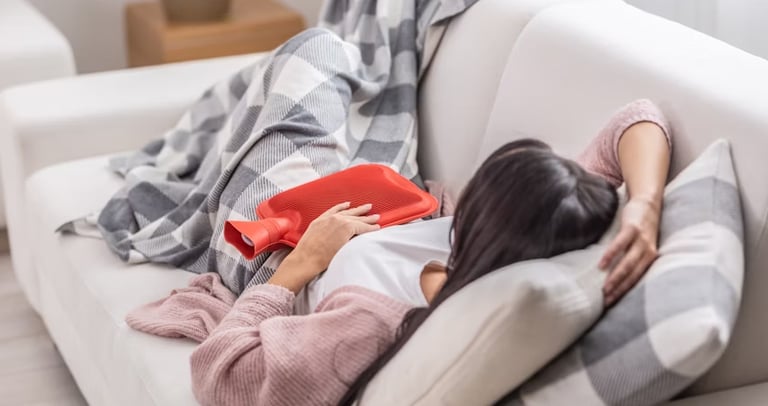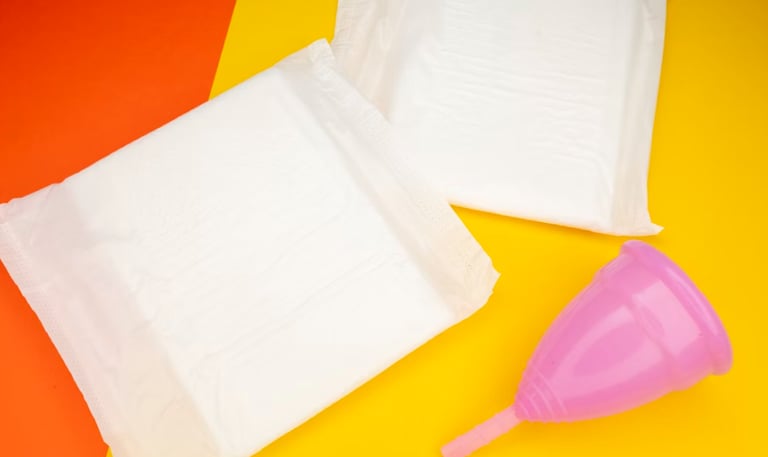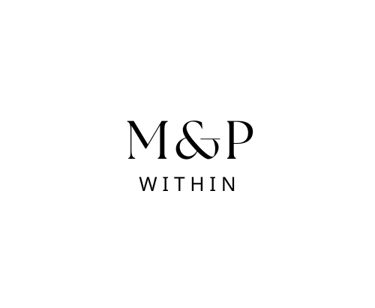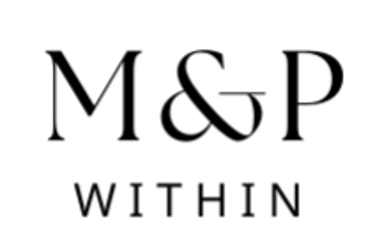THE MENSTRUAL SERIES SIMPLIFIED
ARTICLE ONE: DEBUNKING COMMON PERIOD MYTHS
Welcome to the first article of Menstrual Series Simplified by Mindful & Powerful Within! Whether you are getting your first period, have had one for years or you are just curious to know more, then these articles are for you. In this article we will debunk common myths about periods that may not sound quite true.
Period pain is normal
While it is normal to have period pain, when pain during your period interferes with your daily life and activities, this can be a sign of something much more sinister or indicative of an underlying condition, such as adenomyosis or endometriosis[1]. Remember not to be afraid to talk to your GP, OB/GYN or nurse practitioner about period pain. They can guide you to the right treatment options available. Never stay silent or be embarrassed to seek help from medical professionals.


You are not allowed to enter religious places
Some religions still enforce restrictions on menstruating women often barring them from entering places of worship or participating in certain rituals. Because menstruation was associated with impurity and uncleanliness for many centuries, women who were menstruating were often shunned or prohibited from holy places[2]. Encouragingly, numerous initiatives over the last couple of years have been challenging and trying to dismantle these archaic beliefs to promote equitable access and full participation within those religious communities.
Having your period means you are dirty
It is a common misconception that having a period makes someone unclean or dirty. In reality, menstruation is a natural bodily process. The material expelled during a period is simply uterine tissue being shed from the uterus, mixed with blood and mucus. This process is a normal part of the menstrual cycle and does not indicate a lack of cleanliness.
You cannot get pregnant on your period
Anyone who has periods can get pregnant if they have unprotected intercourse during their period, so it's important to always use contraception to protect yourself[3].


You can’t swim or exercise when you are on your period
Having a period does not mean you are forbidden from exercising or swimming. In fact, exercise can be extremely beneficial for you and your period. For example, when you exercise during your period, exercise promotes the release of the ‘happy hormones’ known as endorphins, that can help reduce stress, combat moodiness, reduce inflammation, and increase blood flow to relieve menstrual cramps[4]. If you want to swim, there are options nowadays, such as menstrual cups, tampons or period-proof swimwear to prevent leaks (whatever feels comfortable for you!)
Women are not allowed to talk about their periods openly in public.
Despite recent efforts to normalise open conversations about menstruation, many young girls are still taught not to speak openly about their menstrual cycles.
This reluctance to discuss menstruation openly can contribute to period poverty, making it harder for women and girls to access proper menstrual hygiene products and information. By normalising discussions about periods, we can help break the stigma and taboo surrounding menstruation and shift the narrative toward empowerment for all women and girls.
No women or girl should be made to feel ashamed about something that occurs naturally in our body.
So, what types of exercise should you do whilst on your period?
It is important to remember that you know your body best and what types of exercise your body can cope with. So, if you are not feeling well and need rest, then listen to yourself and what your body is telling you. Also, if your symptoms are severe, please see your GP or an OB/GYN.
Here are a couple of examples of some types of exercise you can do
· Walking
· Yoga
· Light to Moderate Cardio, such as light running or jogging to get the blood flowing to help relieve menstrual cramps.
References
[1] Cousins, F. L., & Saunders, P. T. K. (2023). Editorial: Menstruation: Myths, mechanisms, models and malfunctions. Frontiers in reproductive health, 5, 1158317. https://doi.org/10.3389/frph.2023.1158317
[2] Tan, DA., Haththotuwa, R, Fraser, I. (2017). Cultural aspects and mythologies surrounding menstruation and abnormal uterine bleeding. Best Practice & Research Clinical Obstetrics & Gynaecology, 40, 121 – 133. https://doi.org/10.1016/j.bpobgyn.2016.09.015
[3] Wellbeing of Women. (2024). 15 period mythbusters. https://www.wellbeingofwomen.org.uk/health-information/15-period-mythbusters/
[4] Wellbeing of Women. (2024). 15 period mythbusters. https://www.wellbeingofwomen.org.uk/health-information/15-period-mythbusters/
Empower Your Mind, Embrace Your Strength


Sign up to receive our Mindful & Powerful Within newsletter to stay updated on new blog posts, helpful resources, exclusive wellness tips and upcoming products designed to support your mental health and chronic illness journey
Stay informed & inspired
Disclaimer
The content on this website is for general knowledge and informational purposes only and should not be considered medical advice. All information presented is carefully sourced from peer-reviewed journals, reputable medical organisations, certified NZ & Australian health professionals with a current APC, and other credible sources. The content is regularly reviewed quarterly to ensure its accuracy and relevance. However, it is not intended to be a substitute for professional medical advice, diagnosis, or treatment and should not be used to diagnose or treat any health condition.
Using this website does not create a health professional-client relationship. We do not accept clients or offer individual consultations. For medical advice and treatment, please consult your personal physician or other qualified healthcare provider with any questions you may have regarding a medical condition. If you require urgent care, please go to the nearest emergency department.
© 2025 Mindful & Powerful Within Limited | All Rights Reserved | New Zealand
©
